Team
Presentation Slides
Reports
Globalization has provided businesses with the ability to acquire and market products, resources and services throughout the world. This new business model is clearly different from the localized model of the past. As a result of globalization, companies have plants or subcontracts in countries that are thousands of miles apart and suppliers throughout the world. This project analyzed and improved the logistics practices in the Maquiladora industry by examining the in-bound supply chain for the air-bag plant of TRW in Chihuahua, Mexico.
Summary
The Maquliadora industry business model is clearly different from the localized model of traditional manufacturing companies in that most of the raw material originates in the US, the assembly is performed in Mexico and the final product is sold all over the world. Consequently, the cost of the logistics necessary to support the industry is very high because of the increased transportation costs in the following areas: retrieval of raw materials, the transfer of parts between plants and the delivery of finished products to customers.
To illustrate the importance of optimized transportation in the Maquiladora industry consider the figure below. It shows the truck routes created for an average week for the pick-up of raw materials throughout the US and delivery to the TRW-Chihuahua warehouse in El Paso, TX.
The routes
This project highlights the current logistics practices in the Maquiladora industry by examining the in-bound supply chain for the air-bag plant of TRW in Chihuahua, Mexico. During the analysis period it was observed that the trucks that were arriving at TRW’s in-bound consolidation center were below acceptable utilization levels. For this reason, it was decided to develop a computer-based tool for TRW-Chihuahua that would generate the milk-runs needed to retrieve its raw material. This vehicle routing problem was solved using modifications of well-known algorithms and metaheuristics to formulate routes. These routes resulted in reduced total mileage and increased truck utilization. Other deficiencies recognized in TRW-Chihuahua were its lack of focus on transportation costs and that it had no real checks on its third-party logistics company provider.
Improving data management and ordering policies has also reduced logistics costs in TRW. Since the beginning of the project, TRW-Chihuahua’s transportation costs have reduced by about 30%. Other benefits of the project include that there is a greater awareness of logistics issues throughout the plant to foster continuous improvement and management now places a recognized importance on closely monitoring its outsourcing partners.

